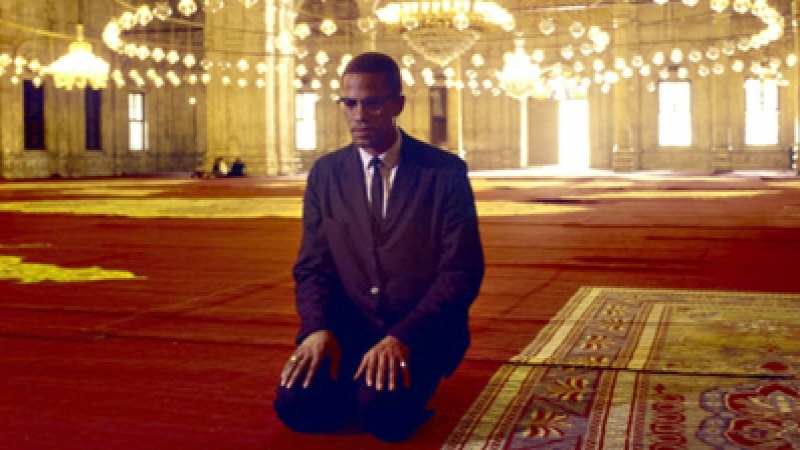There can be little doubt, then, that for Jews the Arab conquest meant a marked improvement in their legal condition. From a previously degraded class of aliens, almost always resented by the Christian majority and frequently the object of open persecution, they were now elevated to a new position and granted a positive legal status with clearly defined rights guaranteed by law. And what is equally important, they were no longer regarded as a separate entity, legally or otherwise, but were thought of as part of a larger class of protected persons in relation to whom they enjoyed full equality.
Tag Archives: Inquisition
Islam’s Stance towards Racism and Antisemitism
At this, Muqauqis said to the delegation, “How could you agree to make him your leader and superior, whereas he ought to have been your subordinate?” To this the delegation replied, “No, despite the fact that you see him as black, he is the best among us in knowledge, in nobility, in intellect and opinion, and we do not look down upon the black man.” Muqauqis said to ‘Ubada, “Come forward, O black [man] and speak to me gently, for I fear your colour, and if you were to talk to me in a harsh tone, my distress shall be all the greater.” ‘Ubada, noticing Muqauqis’ fear of black people, said, “We have in our army a thousand people darker than me.”
Bernard Lewis on How the Ottomans Treated Jews
More than a century later Samuel Usque, a Portuguese Jew who wrote a famous book called The Consolation for the Tribulations of Israel, expresses a similar view. Usque sets forth these consolations in two categories, the one human, the other divine. Among the human consolations the “most signal is great Turkey, a broad and spacious sea which God opened with the rod of His mercy as He opened the Red Sea at the time of the exodus … here the gates of liberty are always open for the observance of Judaism.” This must have come as a considerable surprise to a traveller from sixteenth-century Portugal.


